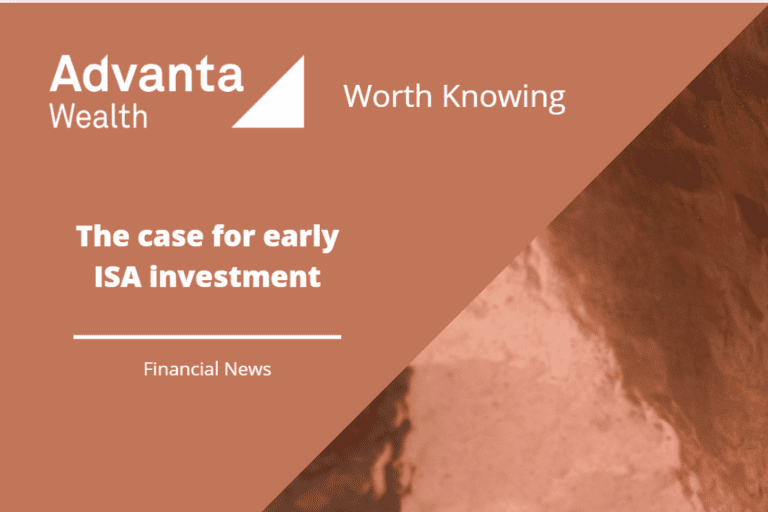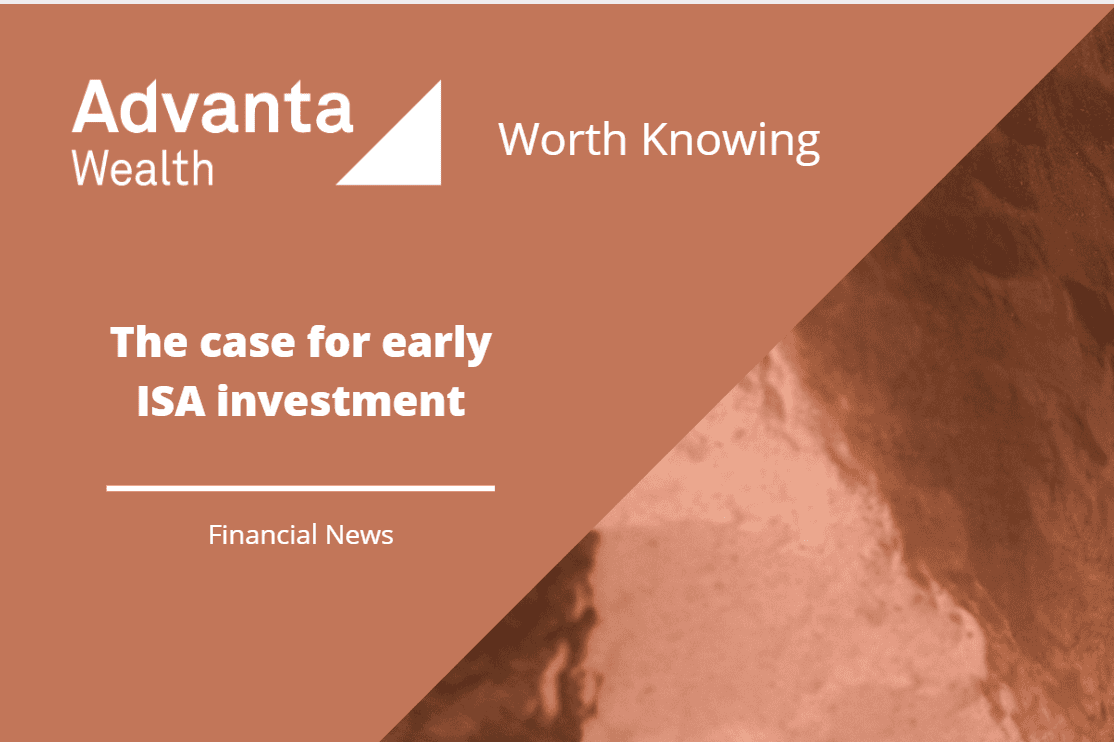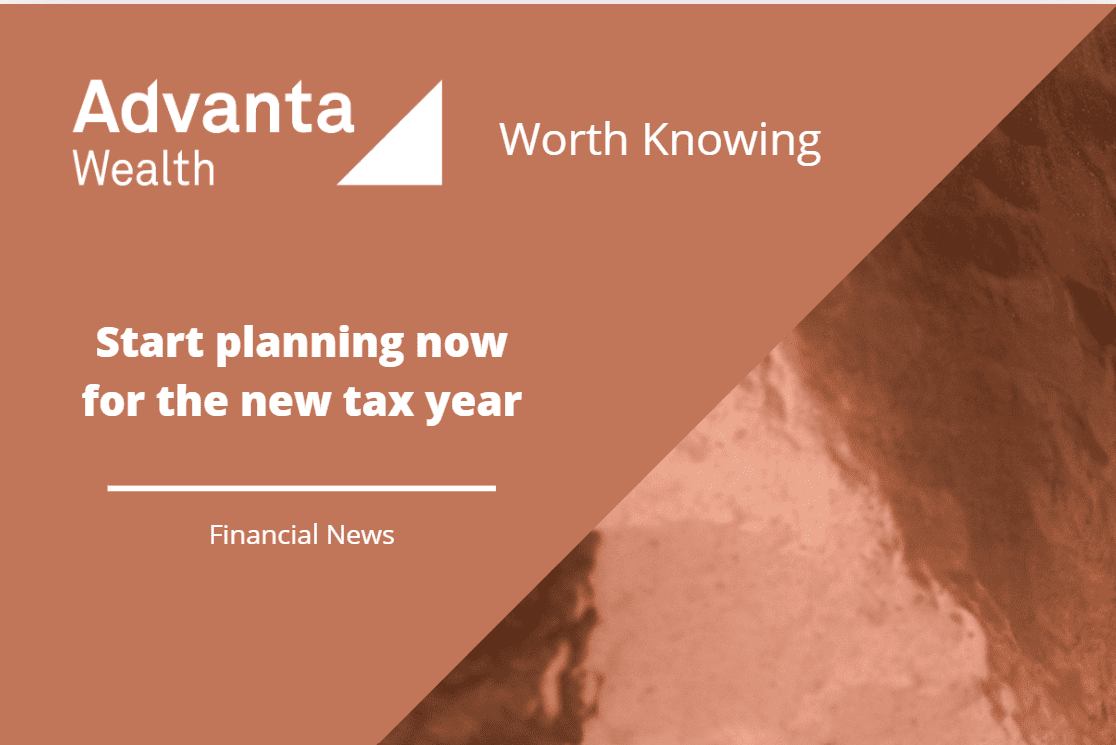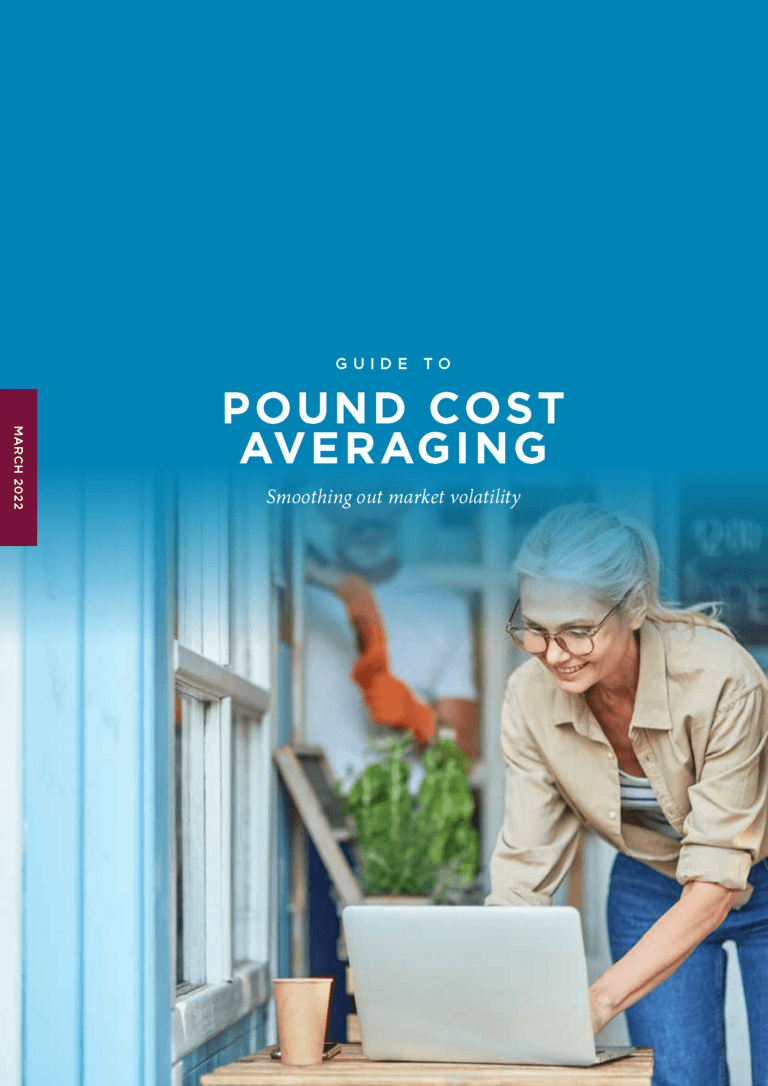The case for early ISA investment
It pays to be an early bird to ensure you make the most of your annual tax free ISA allowance.
All adults can currently save up to £20,000 per tax year into an ISA – whether that is a cash ISA, an investment account (stocks and shares), or a combination of both. There is often a rush to open these accounts in the final months of the tax year as savers seek to shelter surplus funds and use up their allowance.
This has been particularly evident this year end, amid speculation that Chancellor Rachel Reeves is considering reducing the amount that can be specifically saved into cash ISAs, in a bid to boost money going into the stock market and so more actively support the UK economy.
While it’s rarely advisable to make financial decisions based on Budget speculation, ISAs play a key role in building both short- and long-term savings. Opening an ISA at the start of the tax year, rather than scrambling to put your money in at the last minute, allows savers time to choose the most suitable product and gain an extra 12 months of tax-free growth.
ISAs benefit savers of all ages. For those looking to build shorter-term savings, that they may want to access within five years, cash ISAs are the likely option. Here all interest is earned tax free. Standard savings accounts allow basic-rate taxpayers to earn up to (or £5,000 if eligible for the starting rate band) in interest tax-free per year, but higher-rate taxpayers can earn only £500. Additional-rate taxpayers pay tax on all interest outside ISAs.
The saving struggle crosses generations
Cash ISAs may particularly benefit younger ‘Gen Z’ savers, many of whom have yet to start their savings journey. A recent report found over half of those aged 16–27 had saved nothing in the past two years.
It isn’t just this generation struggling to save though. Research suggests six in 10 millennials find it difficult to save for retirement due to high housing and childcare costs.
Generation X (aged 45–60) may be closer to retirement but are not necessarily more confident about savings levels. Fewer than one third of this age group say they are on track to meet their retirement goals – the lowest of any age bracket.
For those with longer-term savings goals, stocks and shares ISAs play a crucial role alongside pensions. While investing in equities can be more volatile, historically, they have delivered higher long-term returns, helping savings keep pace with inflation.
By planning ahead and making the most of their ISA allowance early, savers can not only maximise tax-efficient growth but build financial resilience whatever their age.
The value of your investment and any income from it can go down as well as up and you may not get back the full amount you invested.
Past performance is not a reliable indicator of future performance.
Investments do not offer the same level of capital security as deposit accounts.
Investing in shares should be regarded as a long-term investment and should fit in with your overall attitude to risk and financial circumstances.
The Financial Conduct Authority does not regulate tax advice. Tax treatment varies according to individual circumstances and is subject to change.











